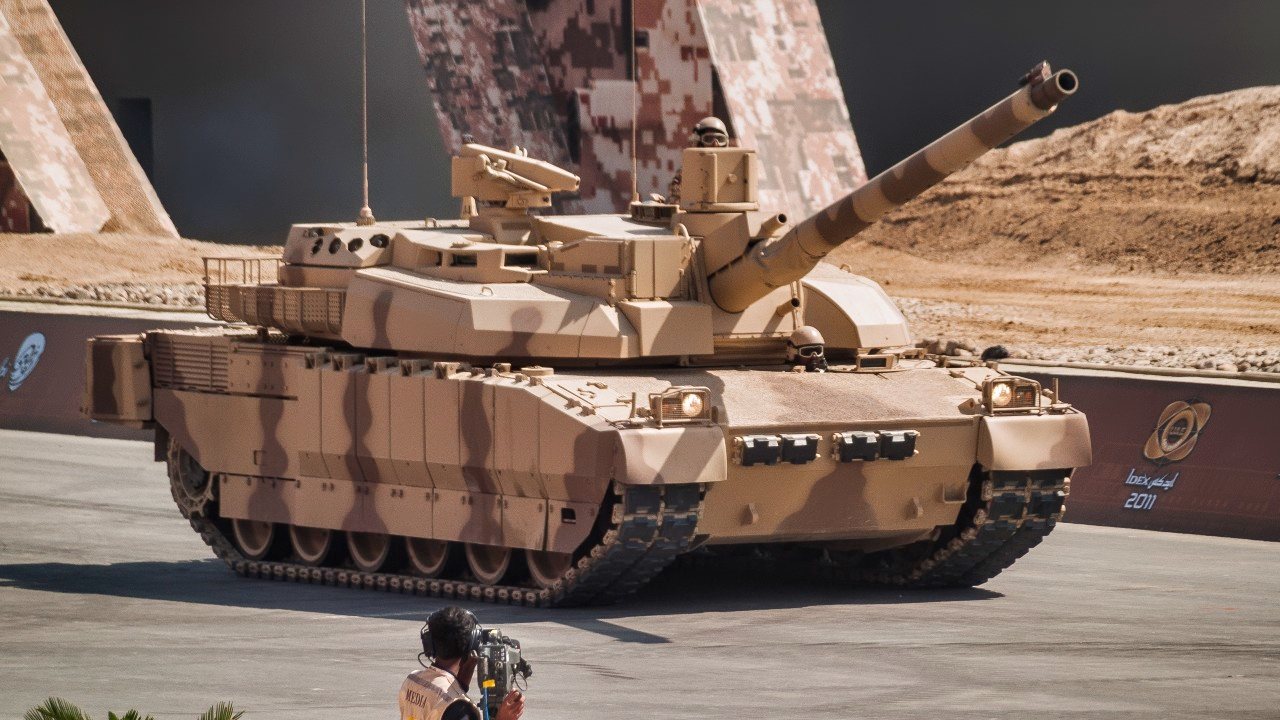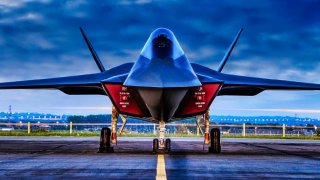A European Army: A Great Idea or Just a Duplicate NATO?
The idea of a joint European army has long been tossed around in the Continent’s power centers. This would be a separate organization from NATO and answer to the European Union.
A common European Army. Is it possible? Yes. Is it probable? Not really.
Russia’s invasion of Ukraine has brought the issue of common European defense back to the forefront.
The conflict in Ukraine has upended European defense planning. It is, after all, the largest conflict on European soil since the end of World War Two. The unprecedented Russian aggression in recent times has spread fear and concern among the European capitals. The notions of peace and security that seemed so certain for three decades evaporated when the first Russian tanks rumbled in Ukraine.
To be sure, there is NATO to safeguard against further Russian encroachment to the West. But, as many around the Continent’s political hubs argue, times are changing, and the United States might be distracted in the future with domestic issues or a conflict with China far away in the Indo-Pacific.
The Issue: A Joint European Army
The idea of a joint European army has long been tossed around in the Continent’s power centers. This would be a separate organization from NATO and answer to the European Union.
Currently, there is the European Union’s Common Security and Defence Policy (CSDP), which is a very light version of a defense union but without any real teeth. However, for several reasons, any efforts to stand up a common European military force have come to naught.
A major obstacle is the very nature of the European Union. With 27 member states and about 450 million people, the European Union is a modern-day tower of Babel. There are a lot of interests, ideas, and beliefs, and they clash almost daily. Reaching a consensus for a major political decision to create a common military force doesn’t seem likely anytime soon—even after a major geopolitical event such as the invasion of Ukraine by Russia.
Another major hindrance to the creation of a common European force has to do with command and control. Comprised of forces from many countries from the Continent, a common European force would have difficulty operating effectively on the battlefield or in response to contingencies.
As the war in Ukraine has shown—especially when it comes to security aid for the embattled country—there are many different views among European power centers. Such dysfunction in military operations would be disastrous in wartime conditions.
Let’s say, for example, such a common force existed, and there was a contingency somewhere in Europe, but France and Germany disagreed about deploying military force or not. Meanwhile, the contingency is getting out of hand. You can immediately see the problem with that layout.
For many in Europe, a defense union is long overdue. As the European Union becomes stronger individually and collectively, it seeks a great say on the global stage. But whether that can be achieved through a common military force is doubtful.

The European Union’s success is primarily economic. The common currency, free-trade zone, and open borders among member states fuel growth and prosperity. There is wisdom in sticking to that arrangement and not trying to duplicate NATO.
About the Author
Stavros Atlamazoglou is a seasoned defense journalist specializing in special operations and a Hellenic Army veteran (national service with the 575th Marine Battalion and Army HQ). He holds a BA from Johns Hopkins University and an MA from the Johns Hopkins School of Advanced International Studies (SAIS). His work has been featured in Business Insider, Sandboxx, and SOFREP. Email the author: [email protected].


